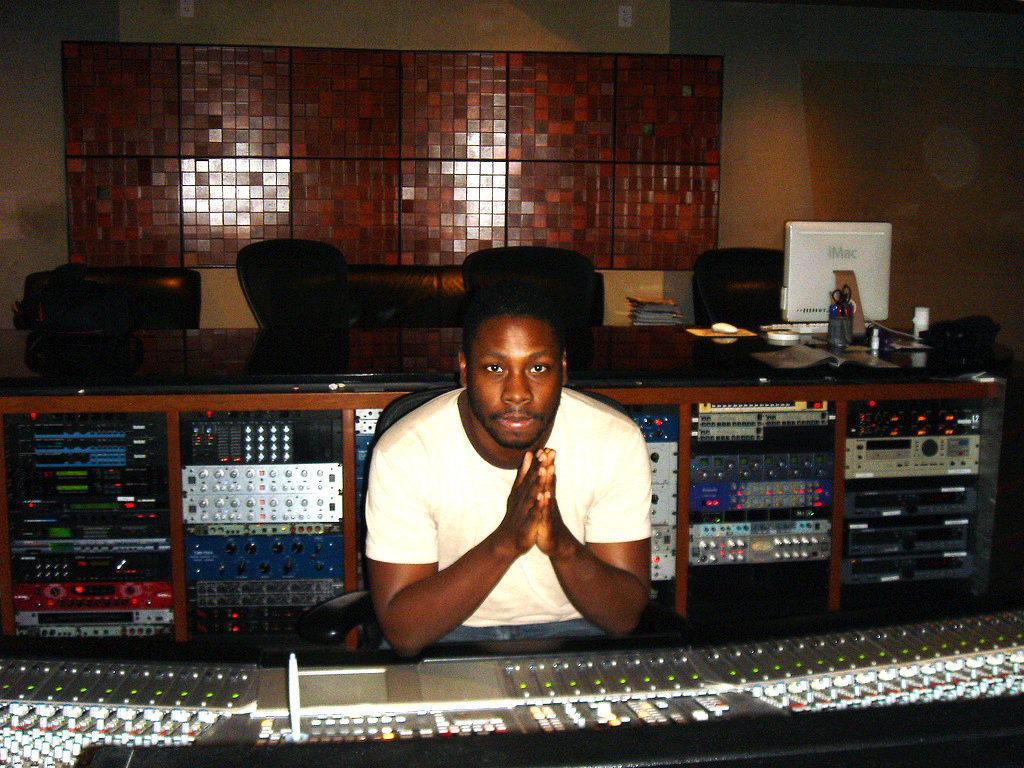A lot of people think that audio engineering is something that people pick up as a hobby, and then just find themselves lucky enough to find a job in it. In reality, however, it is a true art, and one that you can study towards as well. Graduates from audio engineering schools like MI are employed in a variety of different fields, being responsible for the sounds produced on many of your favorite DVDs, CDs, radio, television, movies, and more.

Where Do Audio Engineers Work?
As an audio engineering graduate, you can find employment in the music industry, which is what most people instantly think of. However, there is also the movie and television industry and broadcasting. Those jobs are not available for people with a hobby who just go lucky. Rather, the industry looks for real professionals, who have completed graduate education.
Audio engineers are also very different from audio technicians. A technician will have responsibility for the maintenance of the equipment you, as an engineer, will work with. They are the ones who are more likely to find employment by turning their hobby as a job. In fact, you may end up being responsible for their training, encouraging them to gain a proper education, just as you did.
Developments in the Industry
Not too long ago, an audio engineer would use huge, solid state, bulky machinery, including tape machines. However, electronics have developed tremendously and everything is now digital. This means that you will also have to learn how to work with computers. You will be responsible for helping to design new pieces of software that will make your job easier to complete. Furthermore, you will focus on improving the quality of sound itself, using new hardware, plugins, microphones, and other forms of equipment.
Because audio engineering is now such an important field that affects so many different industries, there have been a few other developments as well. One of the biggest ones is that there is now a sub-specialization, which is the one of live sound engineering. In this role, you will work with live records, at concerts, recitals, and other locations where an audience is present while the sound is produced. While you will work behind the scenes in this case, you will actually be the most important person there. Without your technical ability, skill, and sense of hearing, fans will not enjoy the sounds they listen to.
The job of an audio engineer is intense and there will be a lot of responsibilities on your shoulder. Your responsibility, at the end of the day, is to make sure that the sound that is produced sounds perfect, so that the audience can enjoy it. Whether this on a CD, at a theater hall, during a live rock concert, or on a television show, if you make a mistake, the whole thing is ruined. Not just that, you will also work with people who are under their own pressure, and you have to be able to handle this.